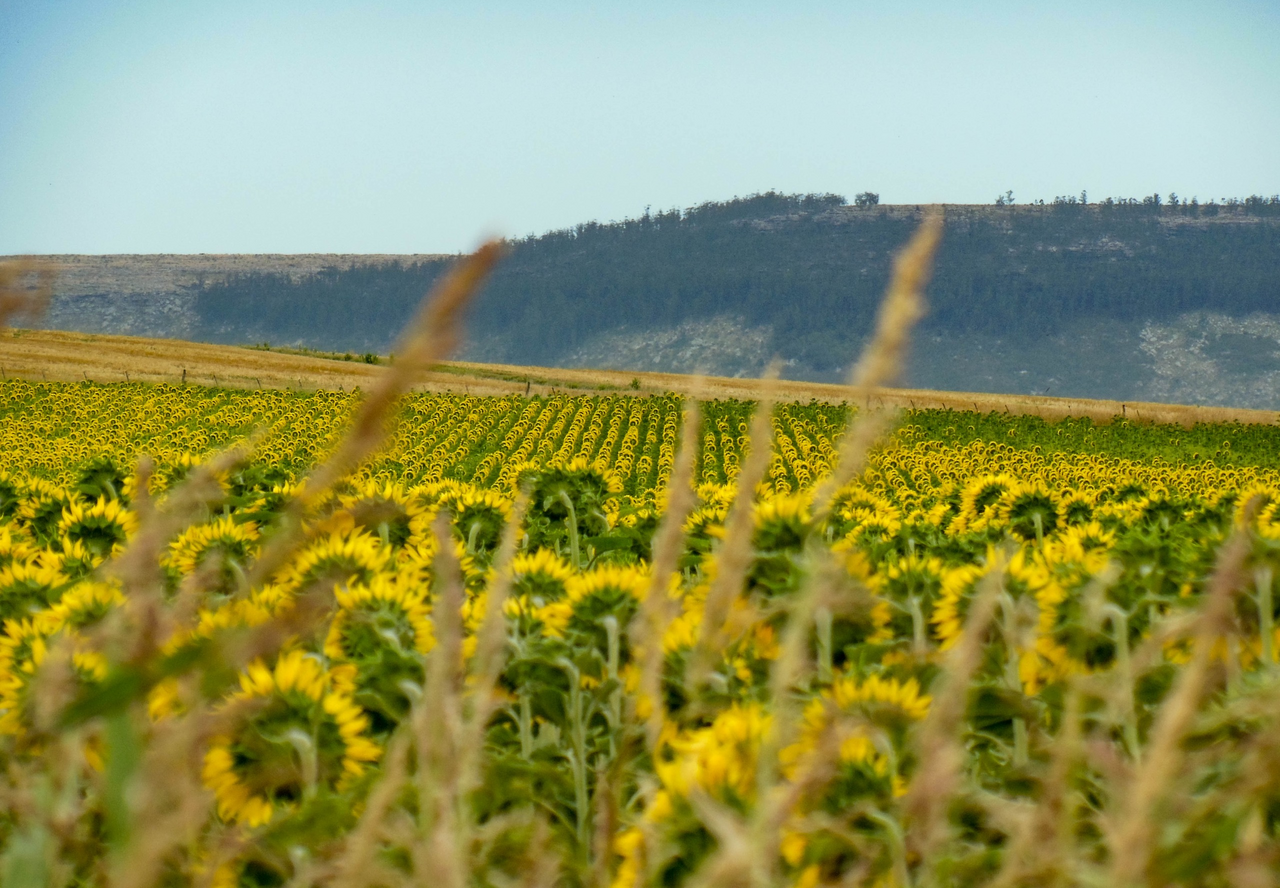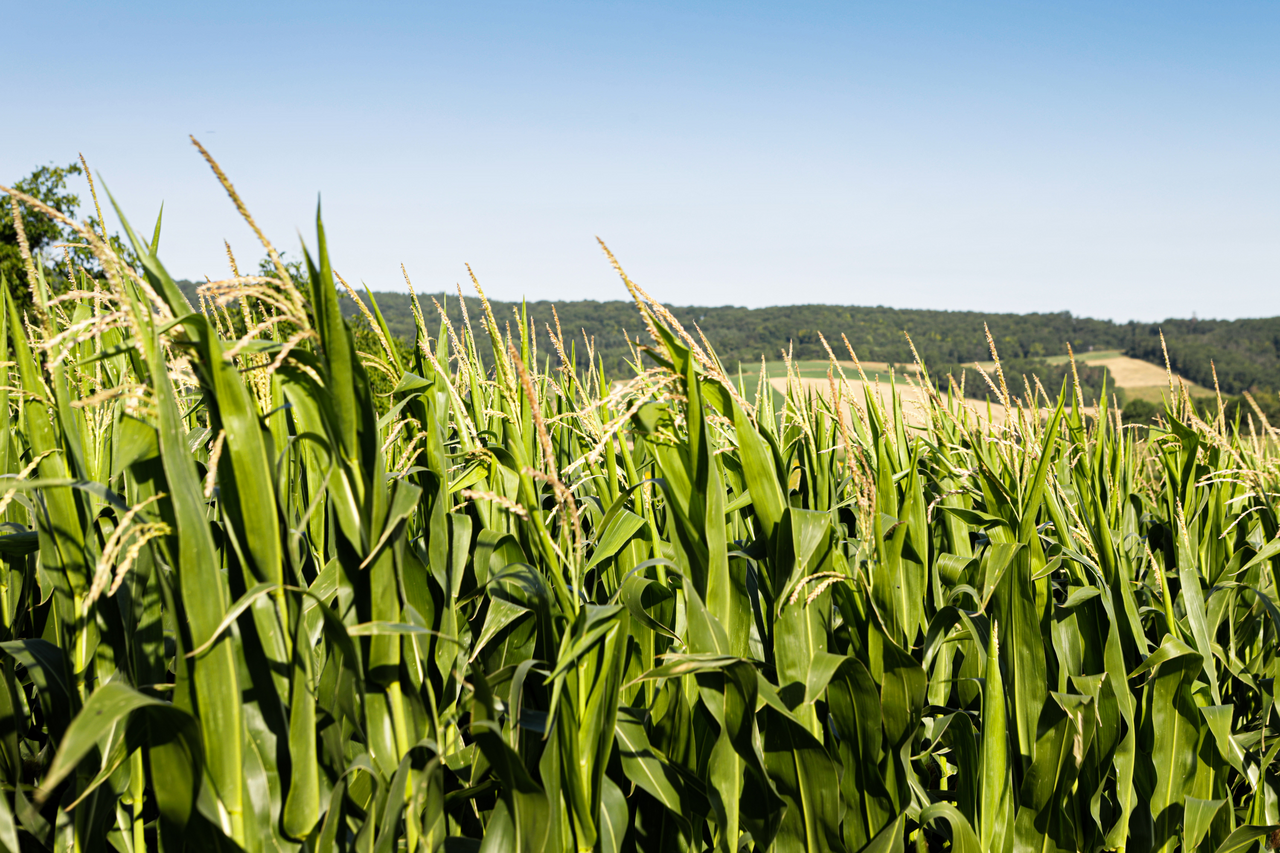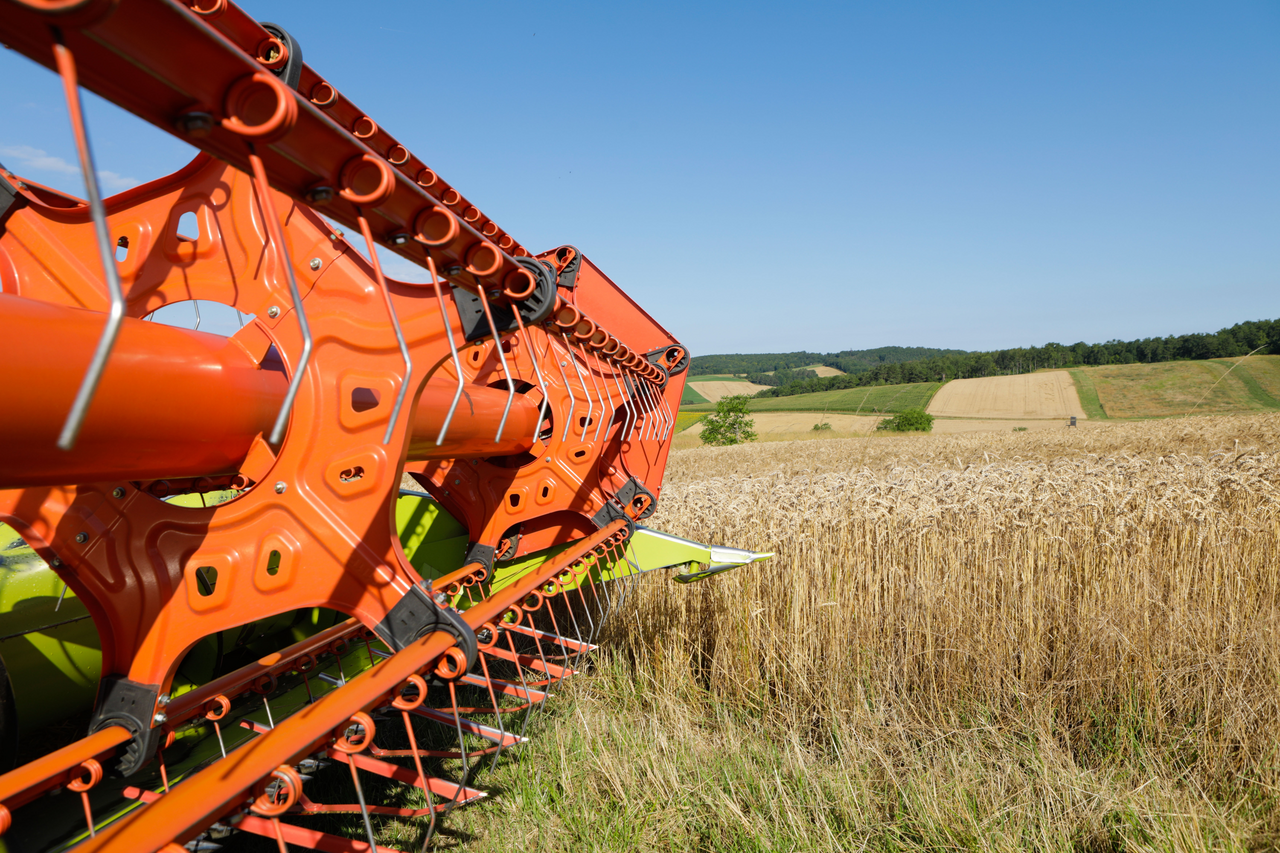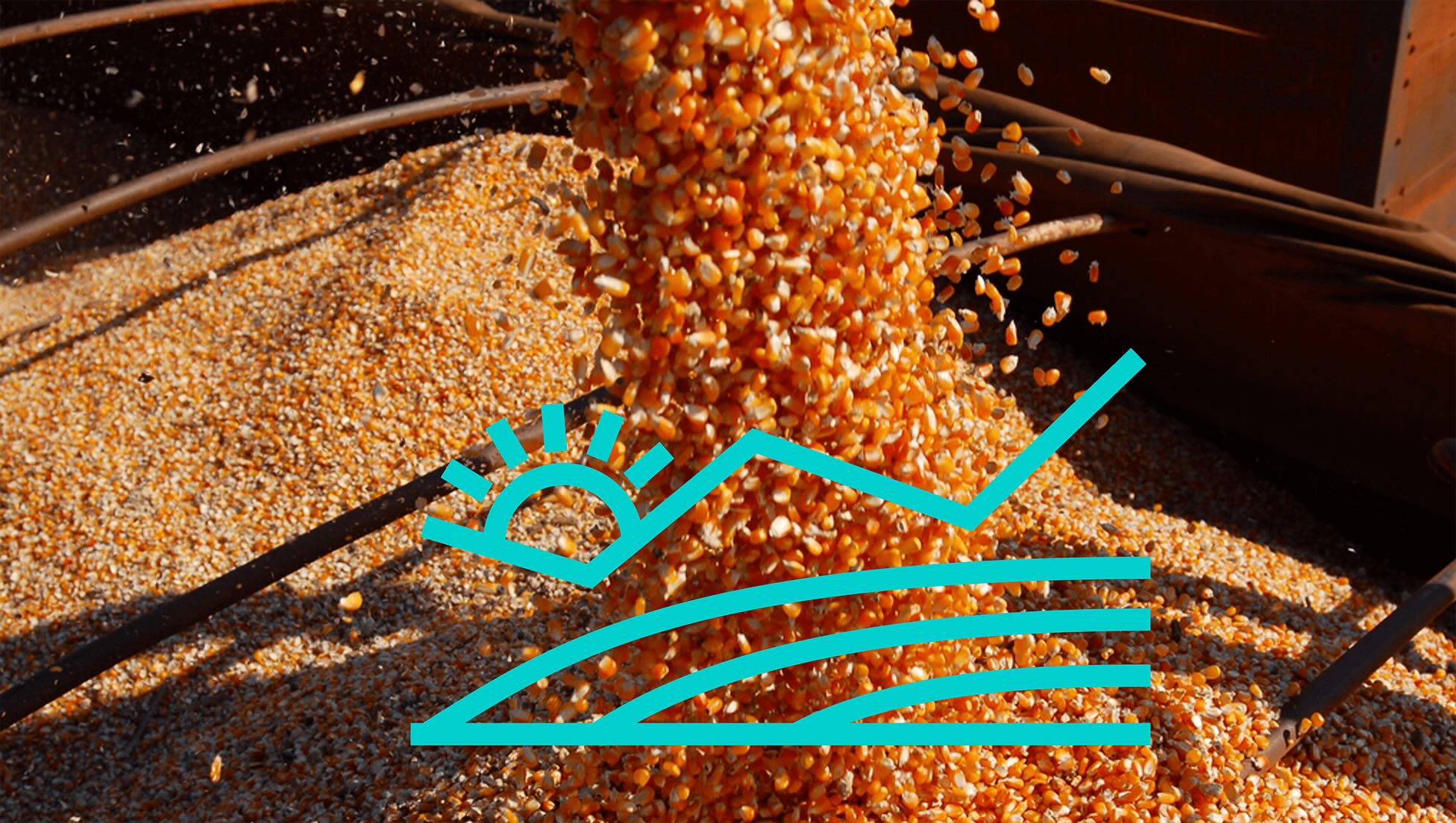Unlocking a new era of sustainable agriculture

It’s a rare thing to happen, but an entire sustainability conference was recently distilled into a single, thoughtful sentence.
“The future is no longer what it used to be,” a speaker told a rapt audience in London, quoting the French poet and essayist Paul Valéry.
That speaker was Patricia Espinoza, the former Executive Secretary of the United Nations Framework Convention on Climate Change. The event was part of the 10th anniversary of The Economist's annual Sustainability Week.
And those 10 words wrapped up two busy days of brainstorming among global business and environmental leaders into a tidy bow.
It also highlighted the critical point in the global energy transition, and the enormity of the work that lies ahead.
Representing Syngenta at the conference, Petra Laux, the Group’s Chief Sustainability Officer, said it was “clearly a defining moment for all of us here, working in sustainability”.
It also occurred at a critical time for the agriculture industry itself and gave a stark reminder of the work ahead.
“We don’t have much time left,” Laux said.

Sustaining planet and profit
Every year, The Economist’s Sustainability Week attracts a diverse crowd.
A global mix of pro-market and environmentally hyperaware attendees gather to see the likes of former U.S. statesmen – John Kerry was a crowd-favorite this year – interviewed on stage moments after mining industry giants.
Meanwhile, the agenda was packed with interviews, panels, and sessions featuring climate leaders, including Britain’s Climate Change Committee, and eco-finance representatives from Europe’s biggest banks.
All had one thing in common: a laser-like focus on decarbonization efforts that are both progressive and profitable.
This year’s event, which attracted more than 1,500 attendees, took place at a conflicted time in the global energy transition.
In less than five years, we will reach the first global deadline in the race to avoid the most severe devastation from climate change.
Governments around the world have pledged to curb their emissions as part of the 2016 Paris Agreement in a bid to limit global warming to no more than 1.5 degrees Celsius.
But it will require bold action: emissions need to nearly halve by 2030 and net zero – meaning the amount of greenhouse gas emissions are balanced by that removed from it – needs to be in effect two decades after.
Yet those same governments are either increasingly diluting their green policies or completely pulling out of these agreements. Meanwhile, fossil fuel emissions hit a record high in 2024, which was also the hottest year on record.
Crop protection as climate protection
One of the biggest global polluters, agriculture, finds itself at a crossroads, needing to increase production in a way that is kinder to the planet.
Figures shared with attendees estimated that by 2050, agriculture will stand head and shoulders above all other industries as the biggest emitter of greenhouse gases.
Its emissions will overtake that of the energy sector – which is making headway in its transition from fossil fuels to low-carbon energy sources.
“Agriculture is one of the sectors that has the biggest impact on the health of our planet…but also one where we can make the most difference,” Laux told attendees.
By arming farmers with the right technologies, such as crop protection products, coupled with digital tools enabling targeted use, to produce more on the same amount of land, Syngenta could accelerate the global transition to producing crops with lower footprint, she said.
But this needed to go hand-in-hand with financial frameworks that incentivized growers to use regenerative agriculture practices, including planting cover crops and nurturing soil health, at scale.
In tandem, improving the regulatory environment to ensure growers can swiftly access the products they need to protect their plants against pests and diseases would help them to secure healthy yields.
As Laux put it: “If done well, crop protection is also climate protection.”
Partnering for change
Ensuring that the food that feeds the world also helps to improve it requires industry partnerships that trigger change throughout the food chain.
Syngenta Group’s work with the British conservation research group The Allerton Trust is an example of this in action.
The pair have worked together for the past eight years, testing sustainable crop rotation practices on trial sites in central and southern England.
By testing different management systems of various crop rotations, including winter wheat, winter barley, and spring beans, the research aims to help growers speed up their adoption of sustainable cropping practices.
As extreme weather events become more frequent and severe, more farmers are turning to regenerative growing techniques like this to secure the future of their crops.
However, Dr Alastair Leake, Director of Policy at The Allerton Project, says growers are facing increasing pressure from multiple fronts.
“Society wants us to be treating our crops with products which are more environmentally benign, less persistent, perhaps less broad spectrum, and they want us to be using them more sparingly.
“We need partnerships to do that.”
Partnerships combining Syngenta’s innovative products with the farmer-focused ethos of trusted industry groups such as The Allerton Project gives growers the tools they need to meaningfully reduce their emissions.
Because, as Laux recounted, the attendees at The Economist event all agreed on one thing: “The train has already left the station.”
But the agriculture industry still has the chance to direct where that train ends up. Even if the future is no longer what it used to be.





